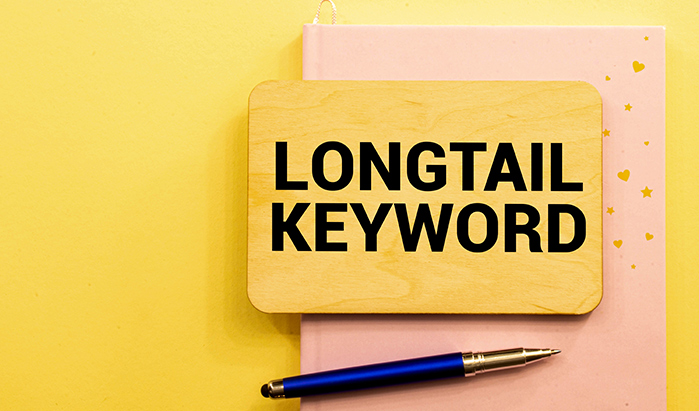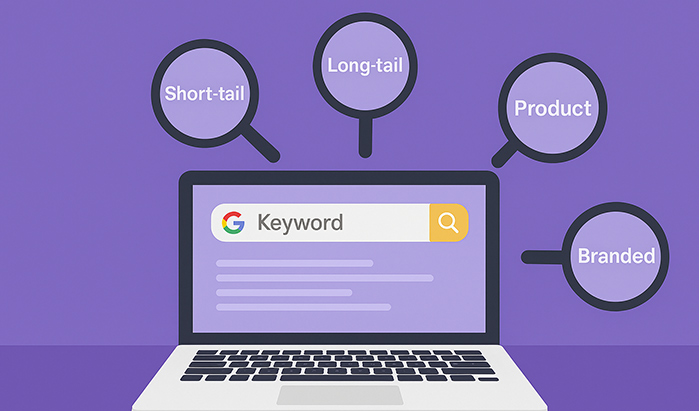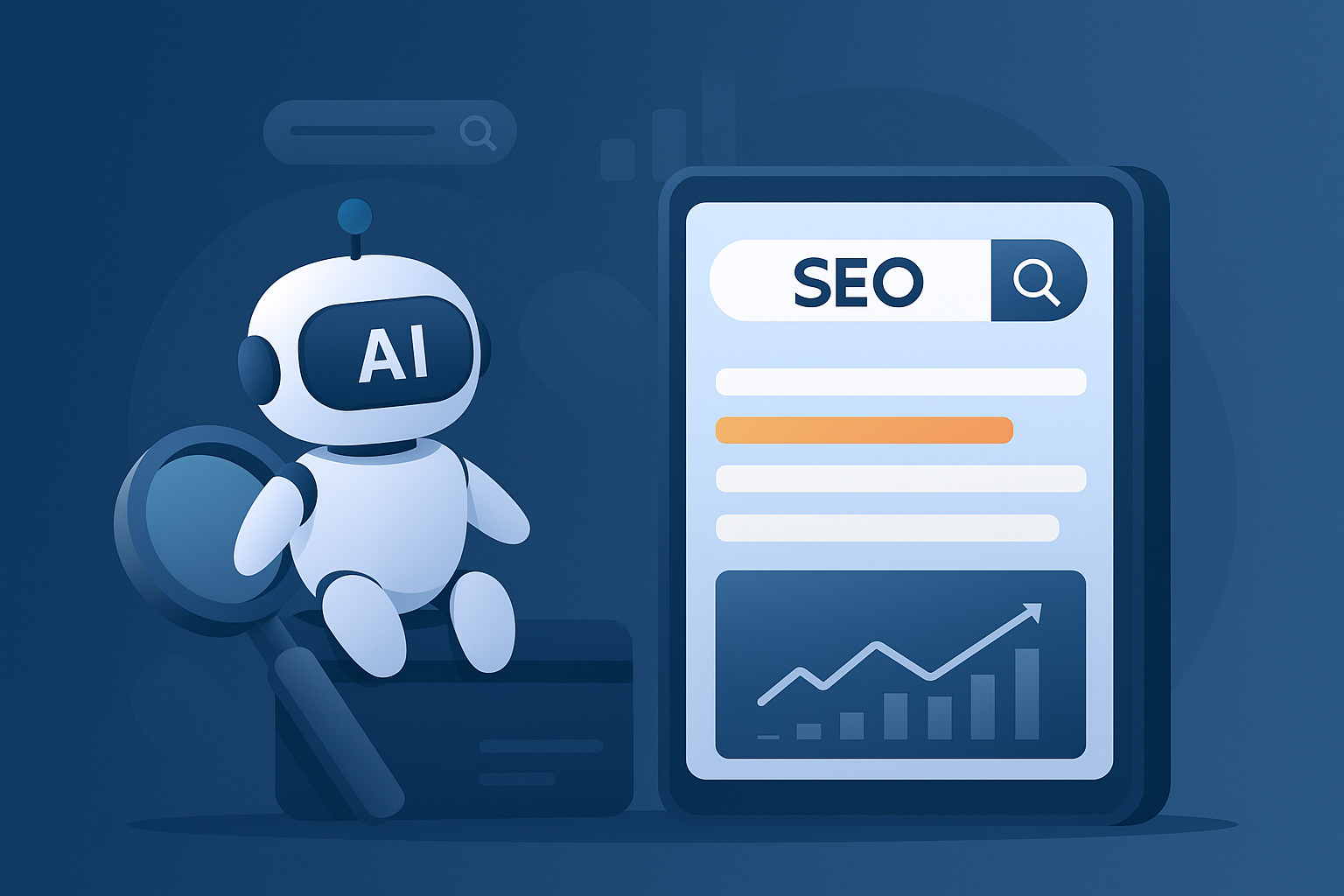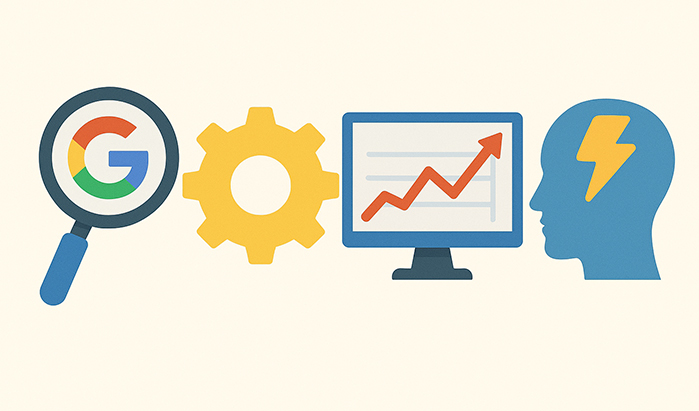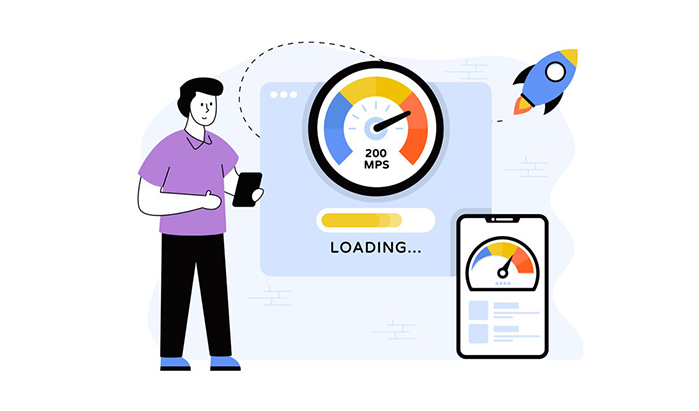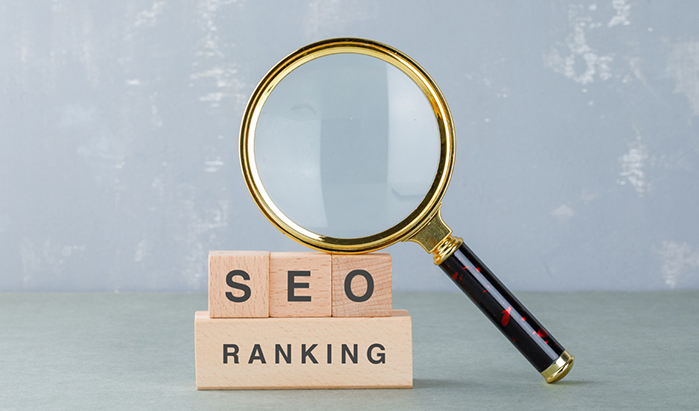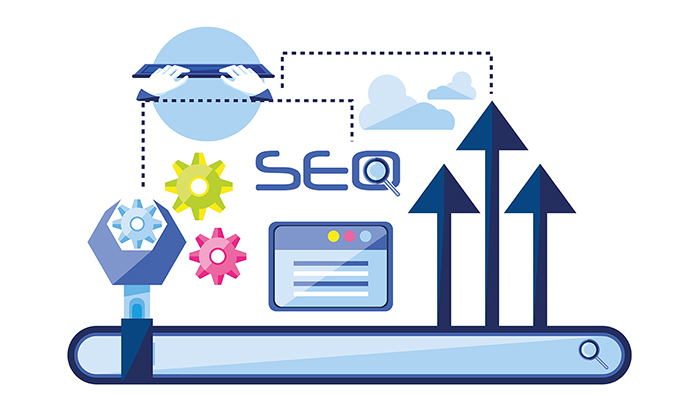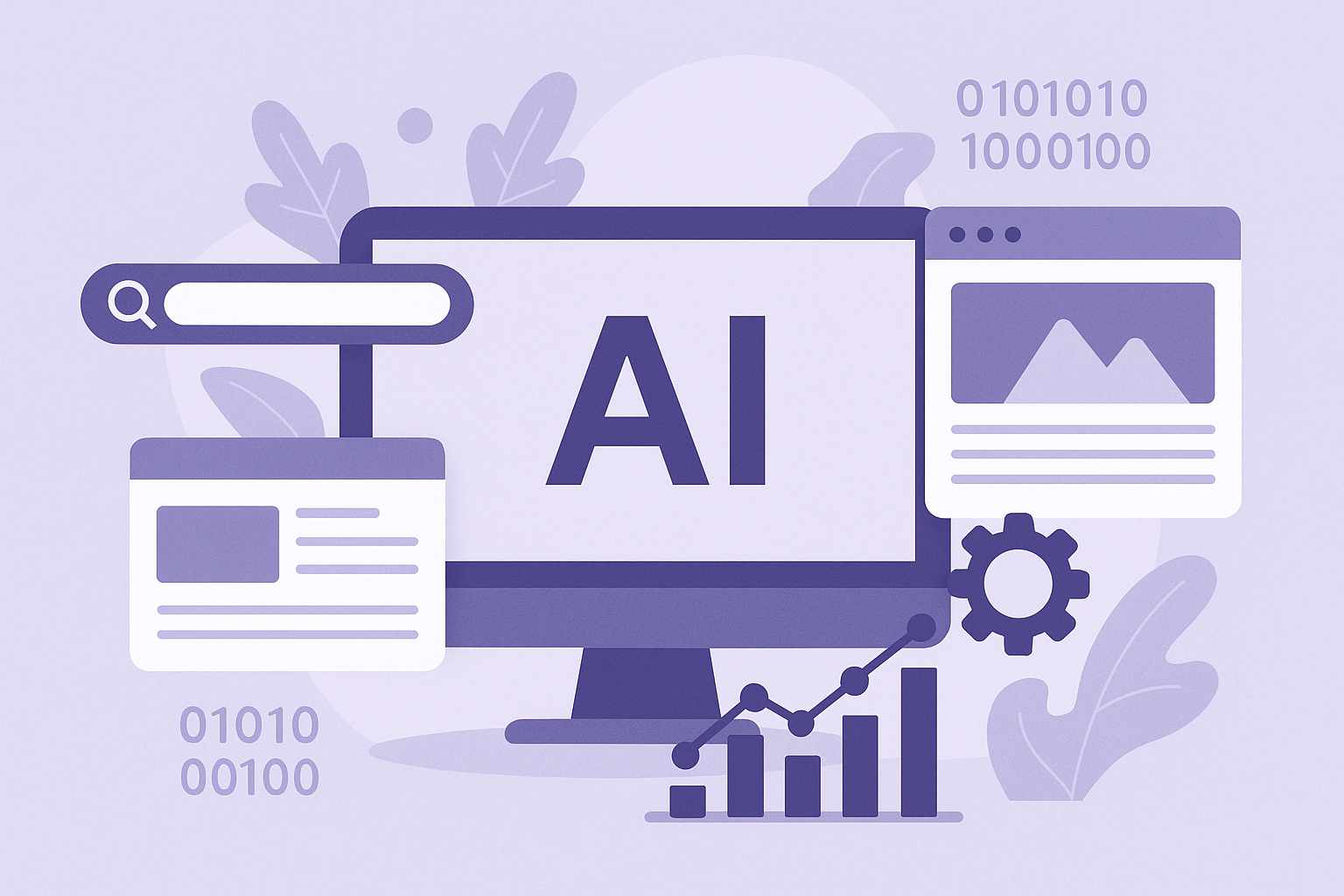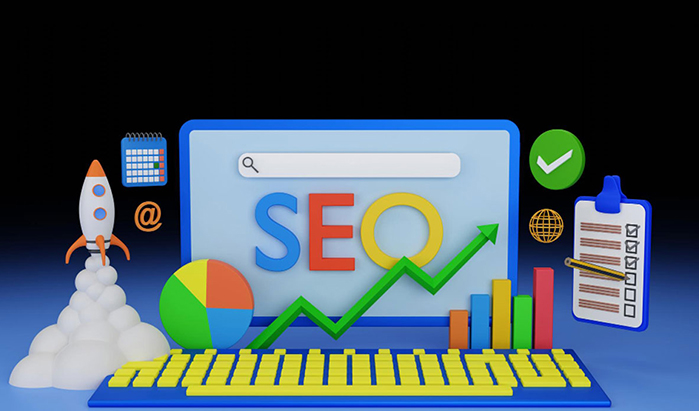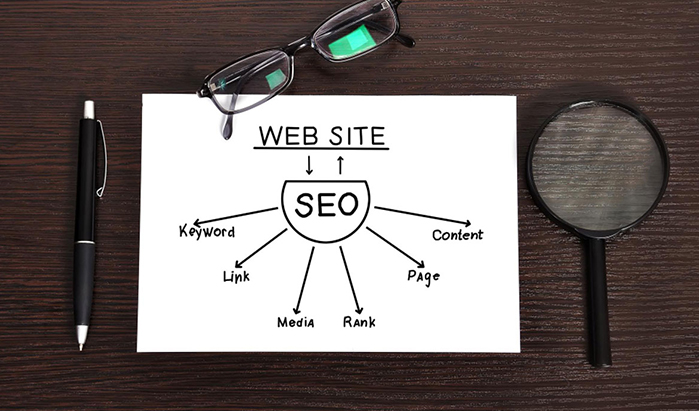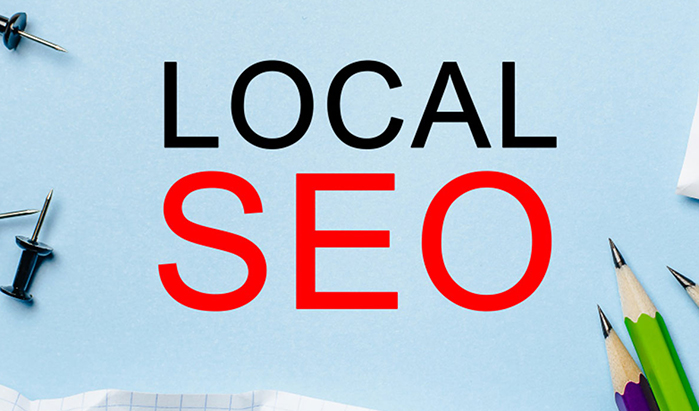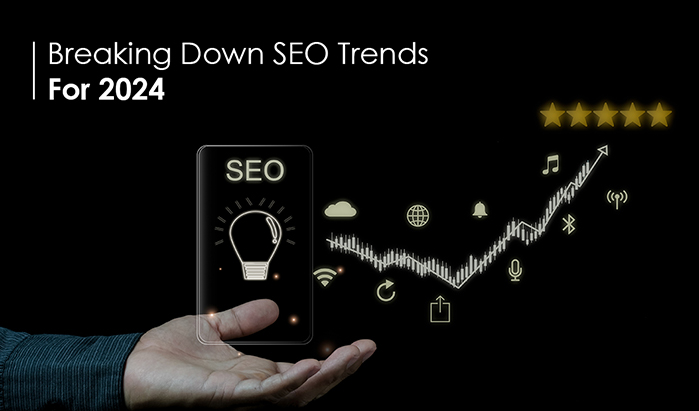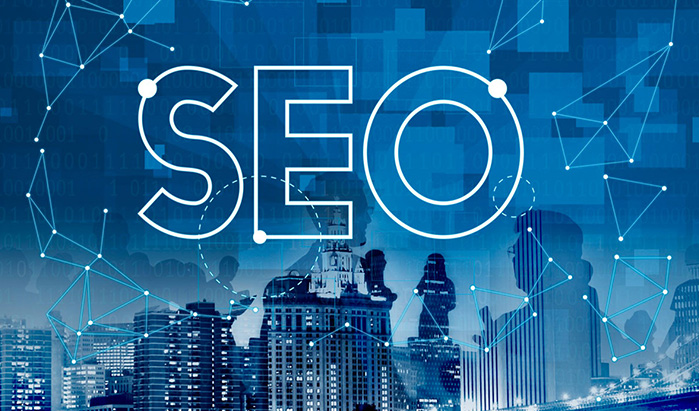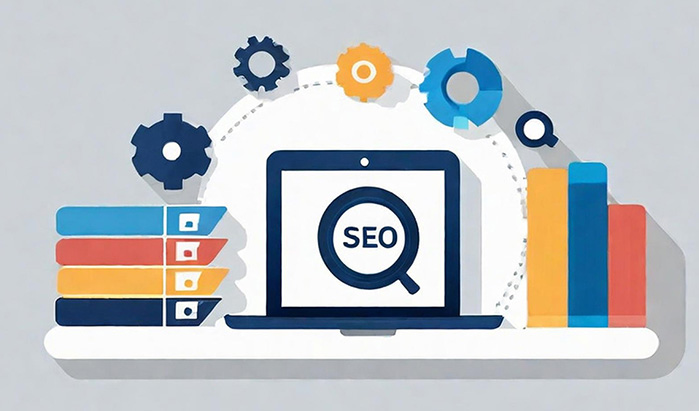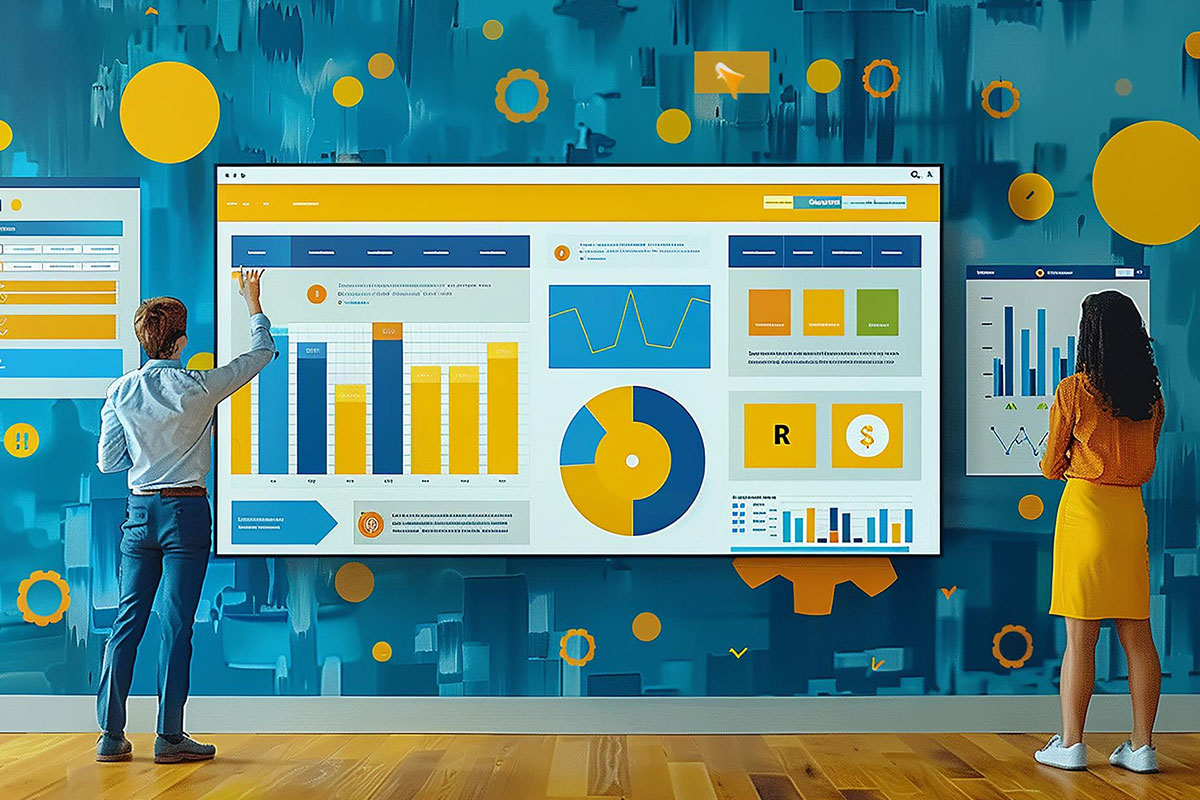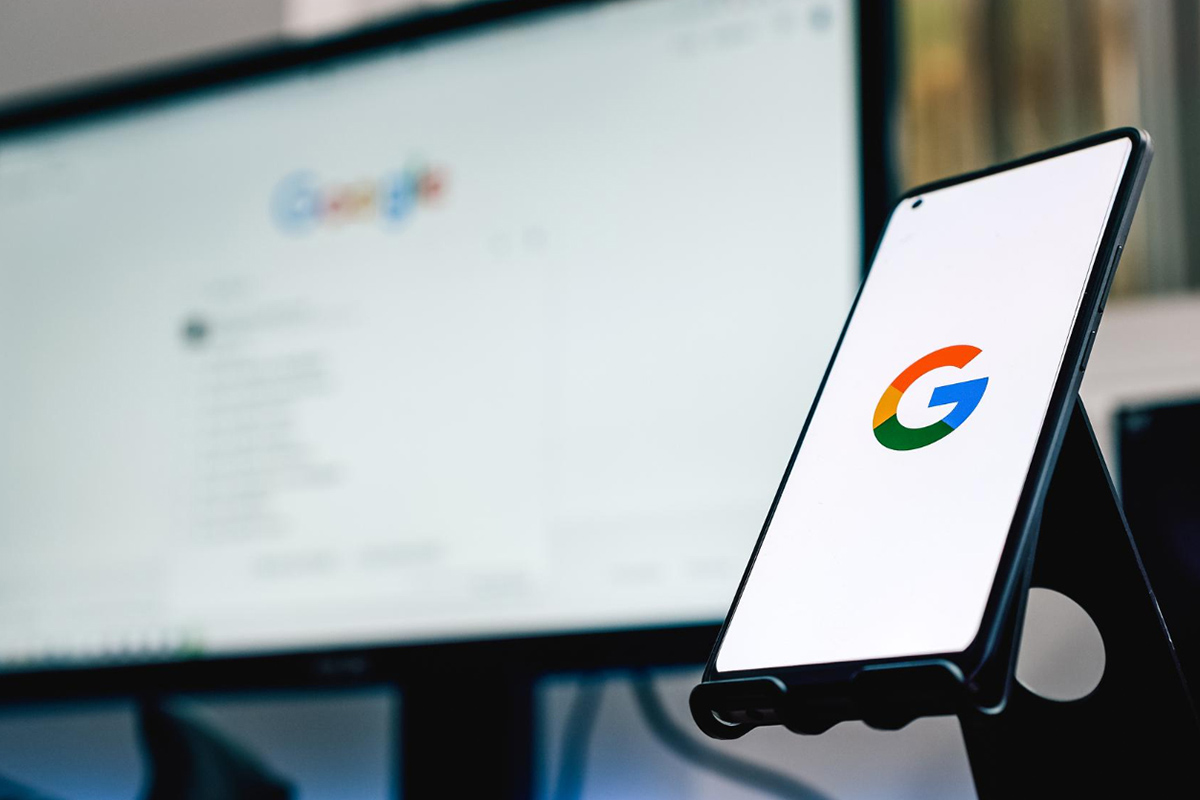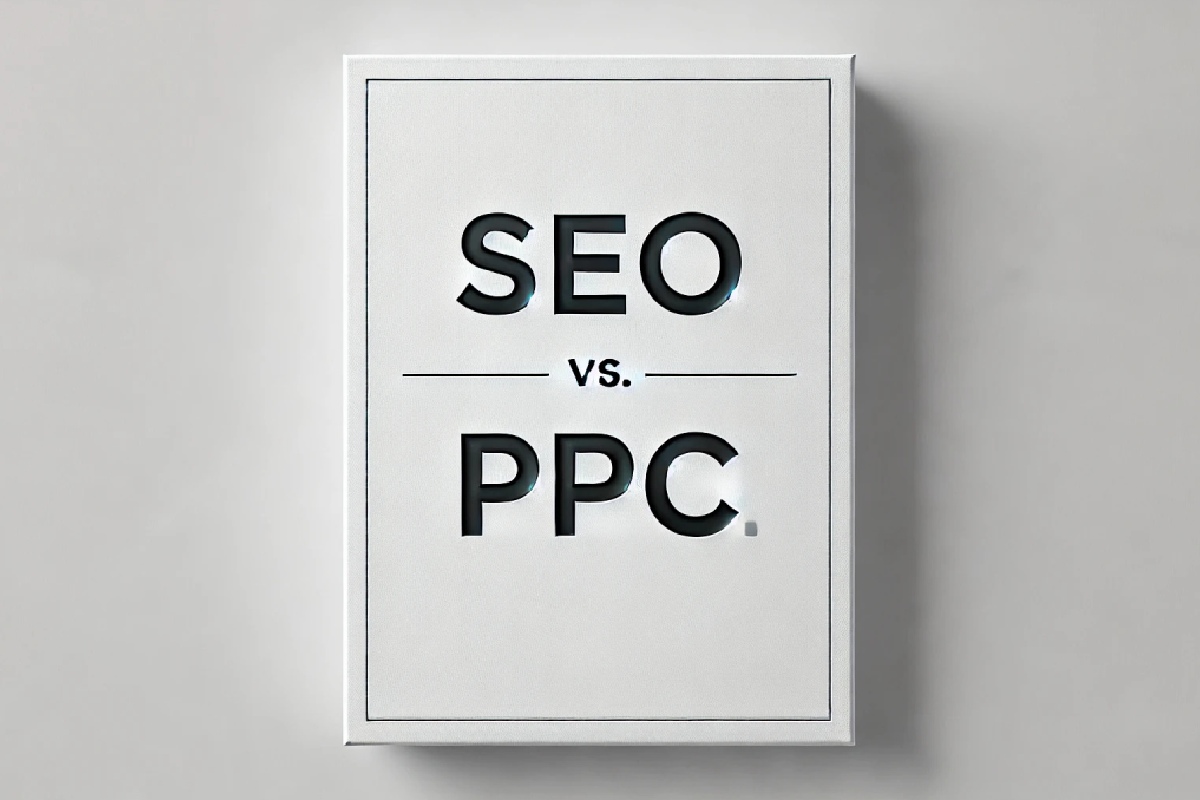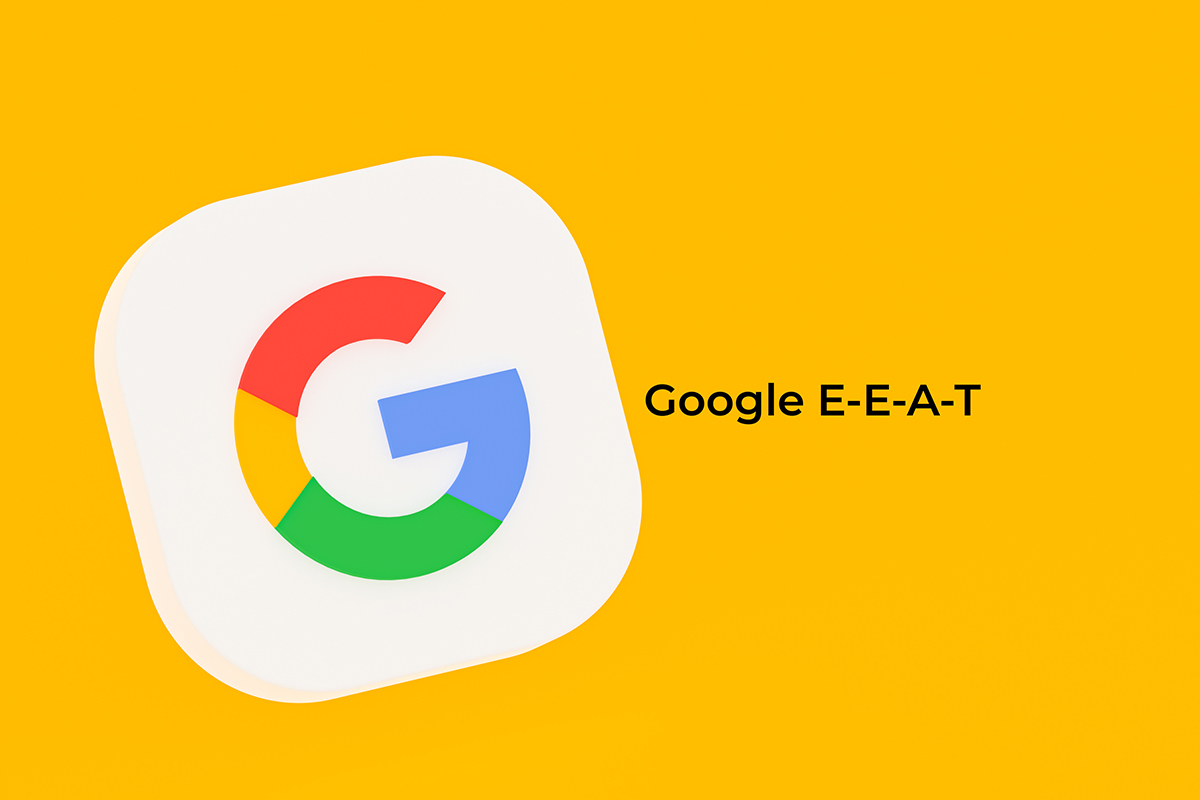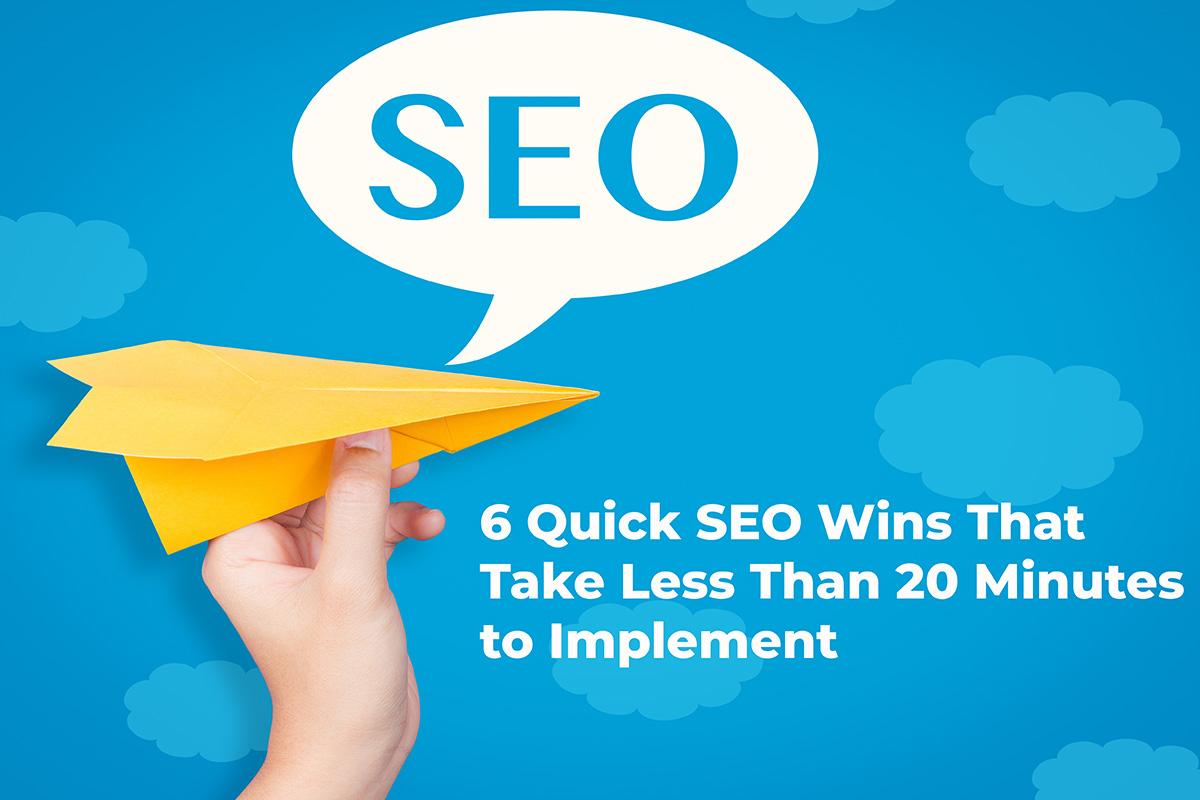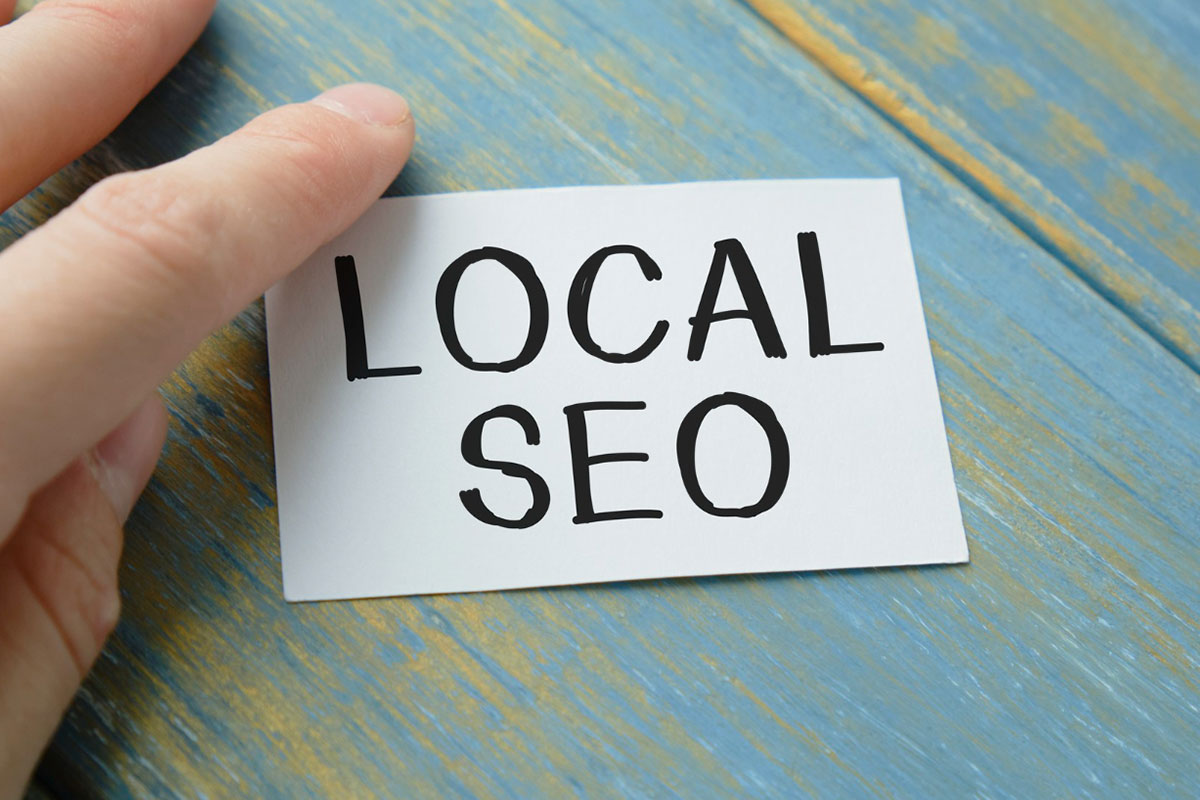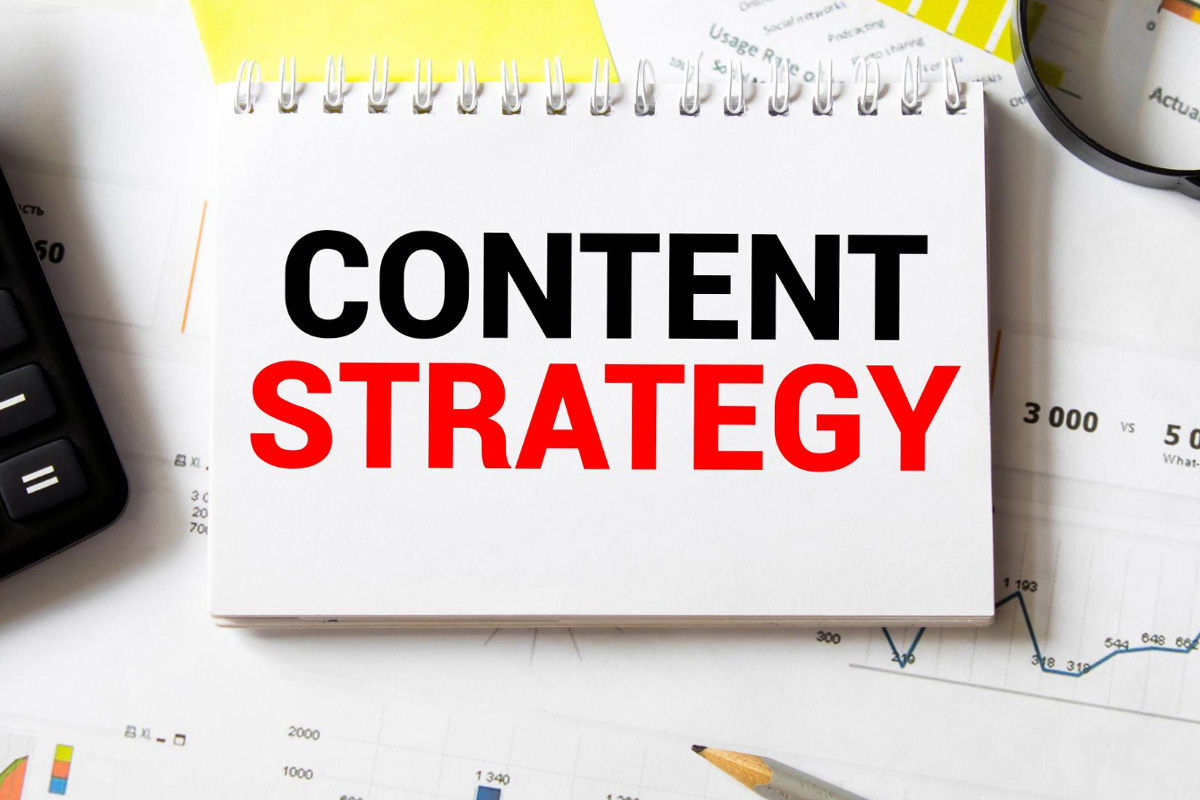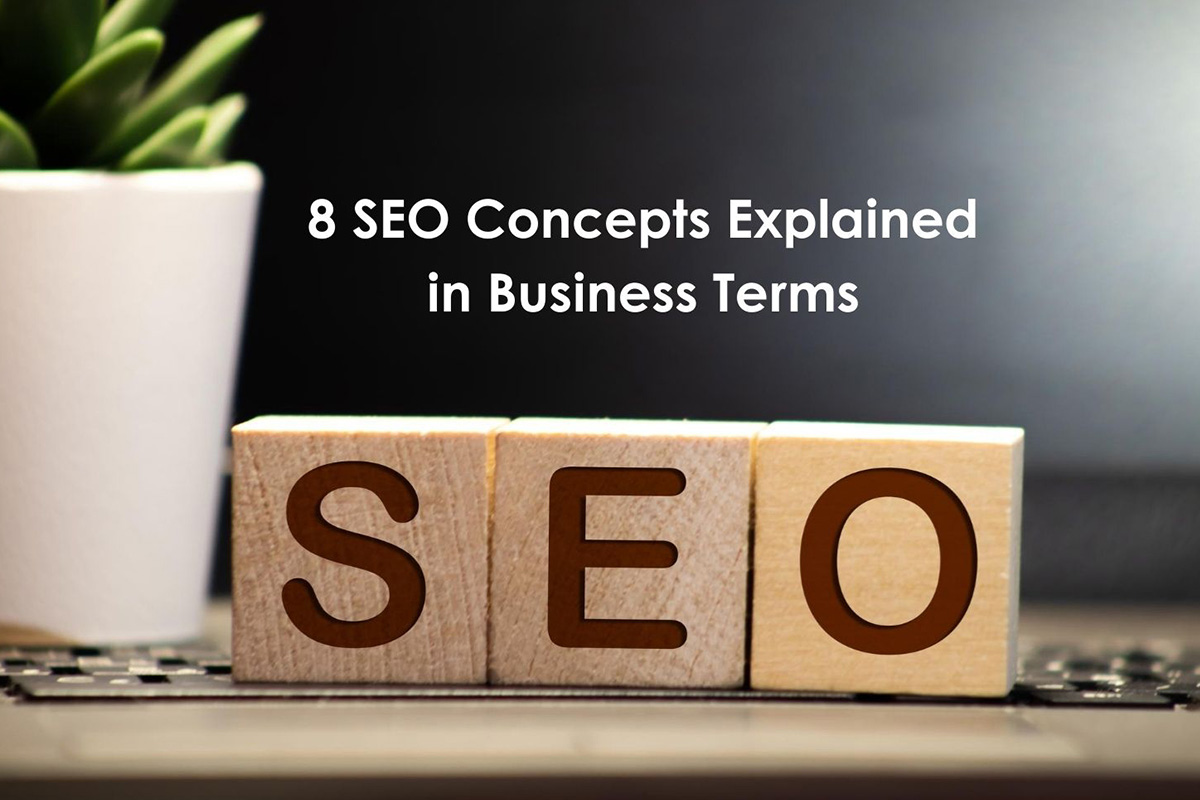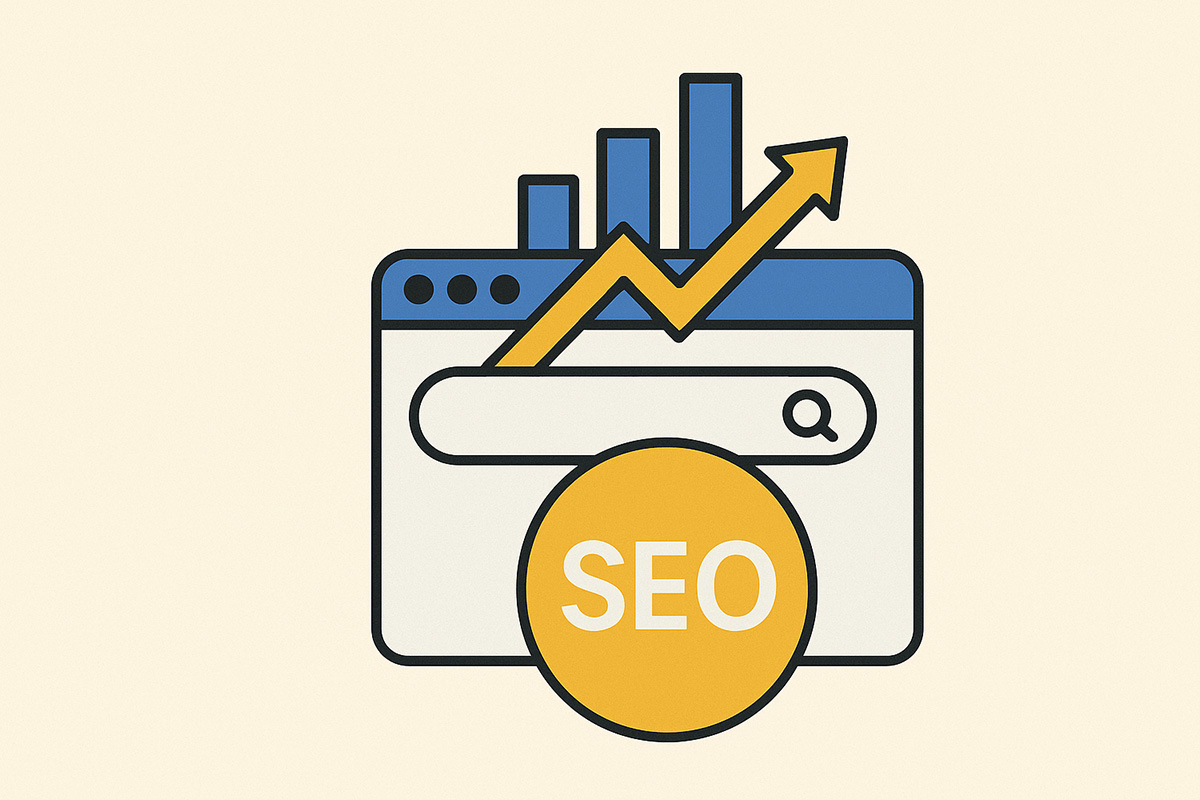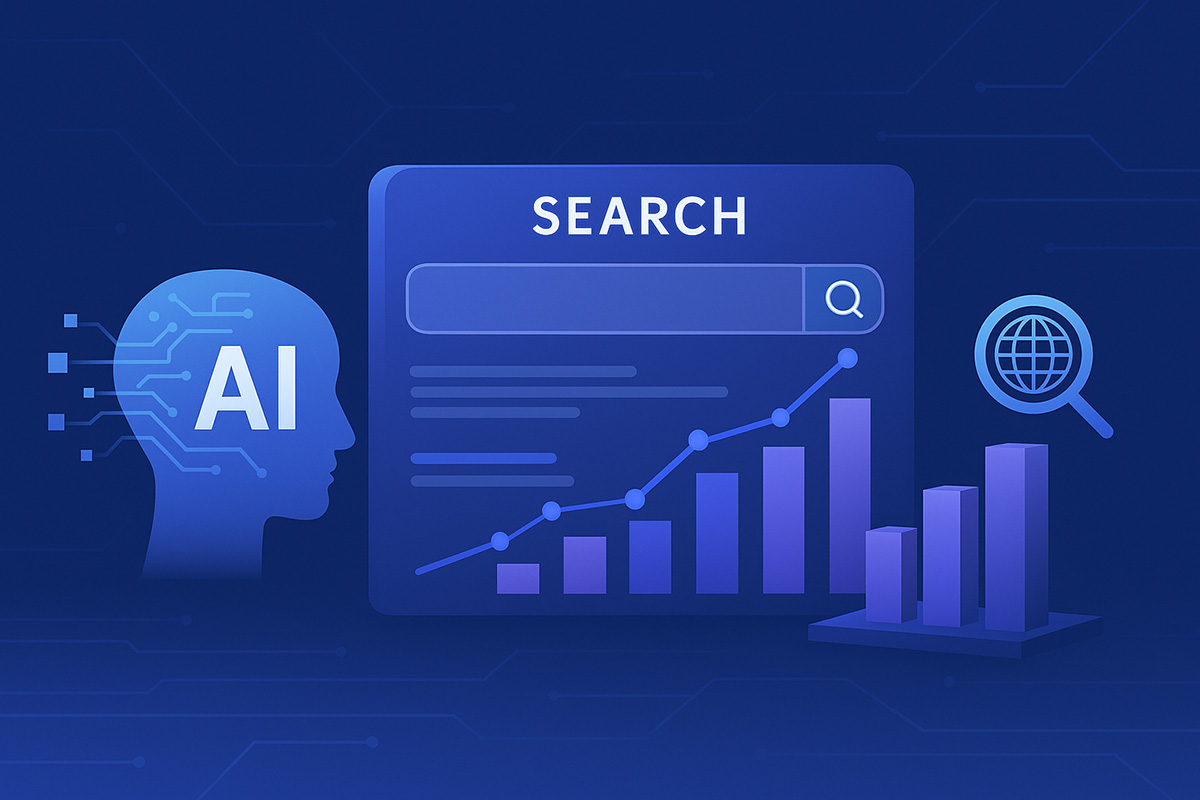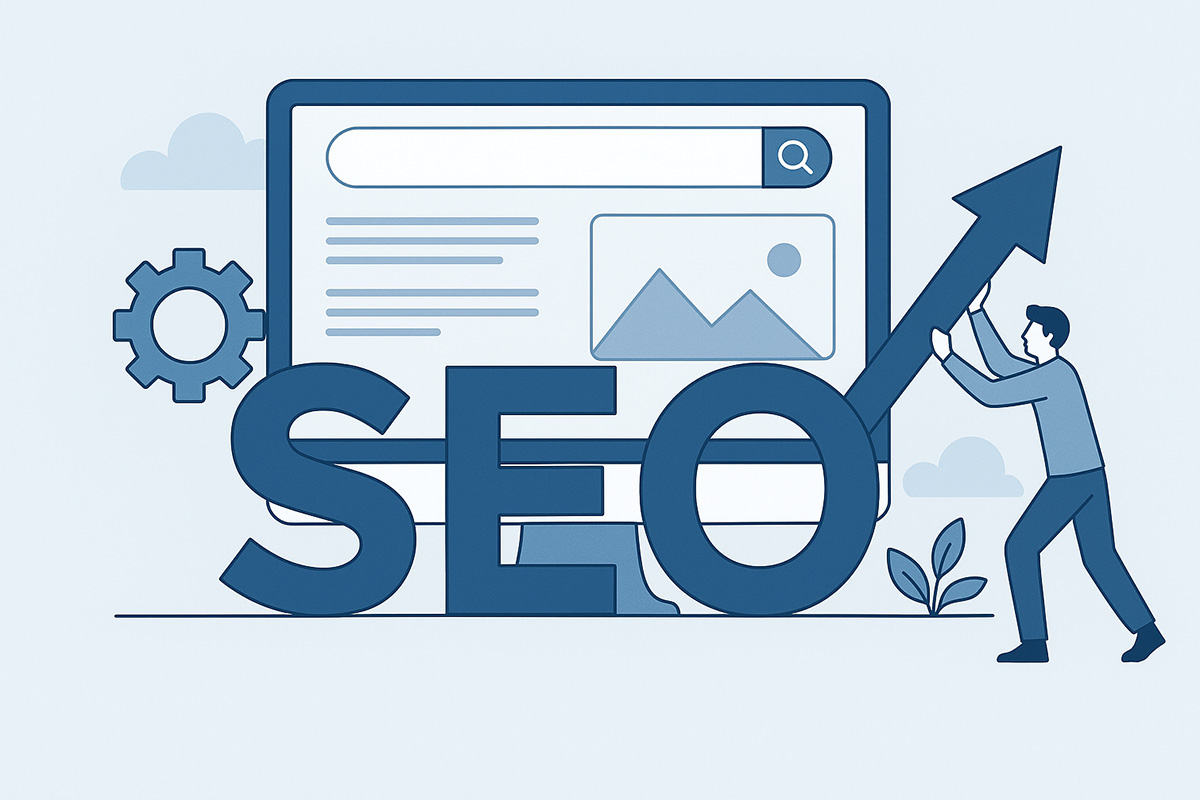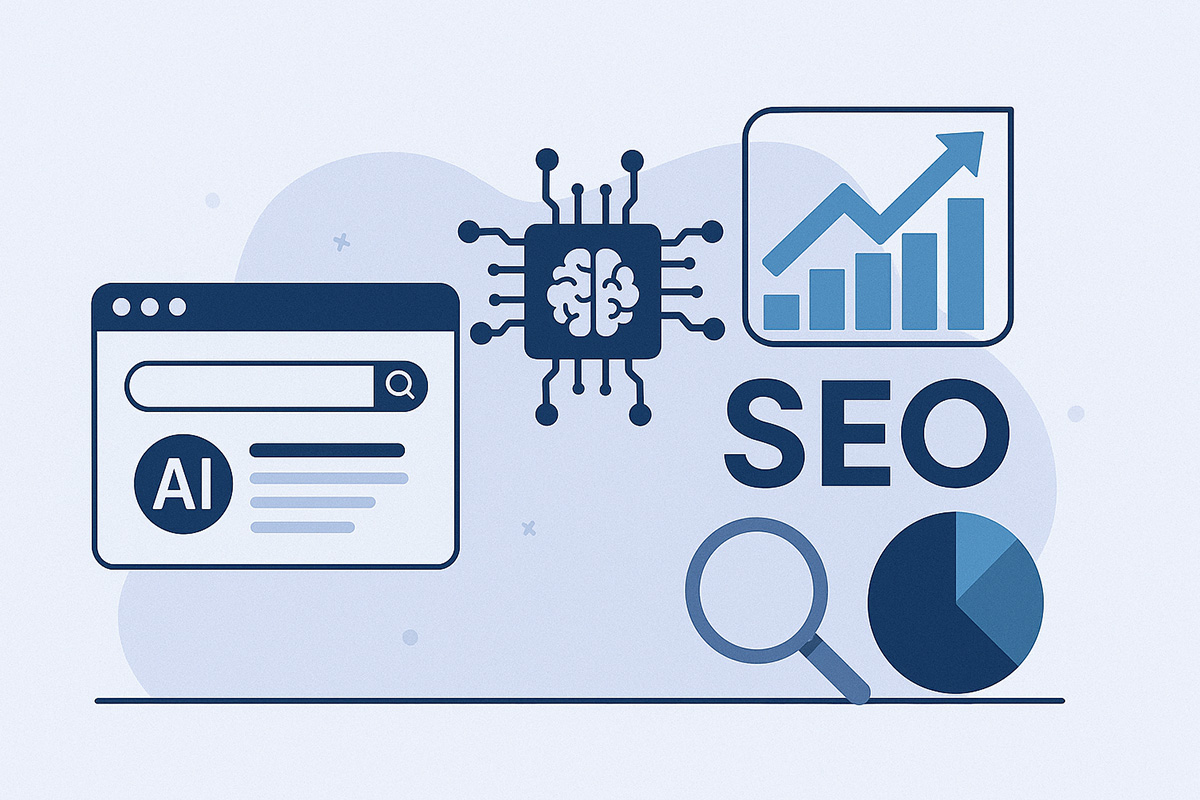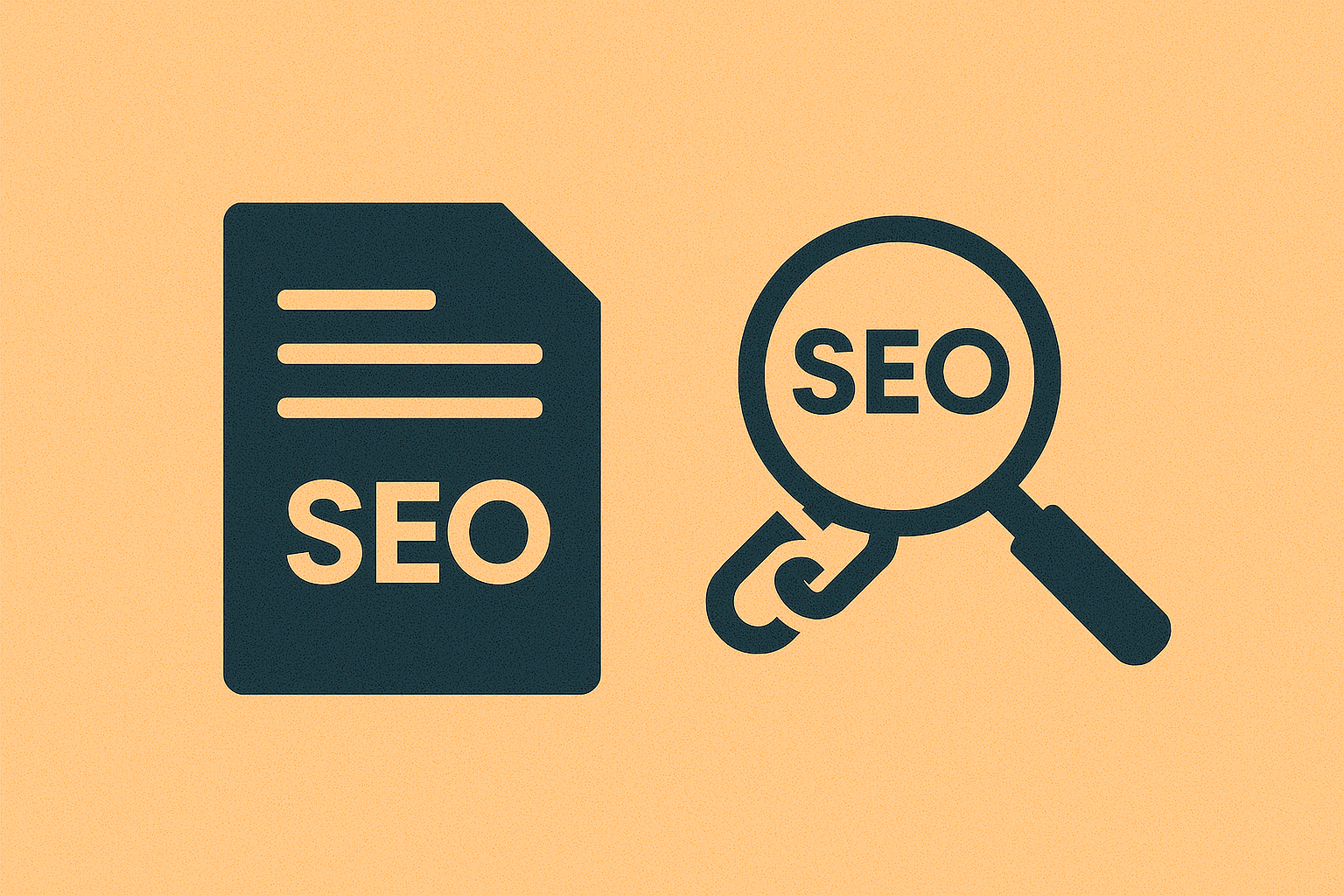Home / Blogs / From SEO to GEO? Here’s Why It’s Not a Replacement—It’s an Evolution
From SEO to GEO? Here’s Why It’s Not a Replacement—It’s an Evolution
.jpg) SEO
SEO
If you've spent the last few years investing heavily in SEO, building up your keyword rankings, refining your content, and optimising every pixel of your site for Google, you’re not alone. But now, with the rapid rise of Generative AI, you may be wondering: Did we just bet on the wrong horse?
The short answer? Not at all.
What you’re seeing isn’t a disruption—it’s a digital evolution. Welcome to the world of Generative Engine Optimization (GEO): the next layer of visibility in an AI-first internet. So here’s the good news—your SEO work isn't obsolete. In fact, it’s the very thing that gives you a competitive edge in this new era.
Let’s explore how GEO, also sometimes called Answer Engine Optimisation (AEO), emerged, what it means for your SEO investments, and how your brand can stay visible in the AI-powered future of search.
What Is GEO and Why Is Everyone Talking About It?
Generative Engine Optimisation (GEO) is a content strategy focused on optimising your digital presence for AI-powered generative engines—tools that synthesise answers from across the internet rather than return a list of hyperlinks.
Unlike traditional search engines, these platforms don't just show results. They generate summaries or direct answers by crawling, indexing, and interpreting web content.
GEO focuses on:
- Getting your content cited in AI-generated answers.
- Making your website “understandable” to LLMs (Large Language Models).
- Providing expert, structured, and trust-rich content that AI engines deem valuable.
This concept was formalised in late 2023 in a research paper titled "GEO: Generative Engine Optimisation" by Pranjal Aggarwal, Vishvak Murahari, Tanmay Rajpurohit, Ashwin Kalyan, Karthik Narasimhan and Ameet Deshpande. Their paper identified a shift in how search engines were evolving due to LLMs—and proposed the term GEO to describe this new frontier.
Verified Data:
- 40% increase in visibility was observed when content was optimised for generative engine responses.
- By 2026, 25% of all search traffic is expected to be affected by generative AI tools, according to Gartner.
So when people ask, “How will Generative AI impact website rankings and traffic?”, the answer is: It already is—but only if you know how to adapt.
Why SEO Is Still the Backbone of Digital Visibility
SEO has never been just about keywords—it’s been about structure, clarity, authority, and accessibility. Guess what? Those are exactly the elements that AI engines use to parse and summarise content.
Here’s what SEO still delivers:
- Organic traffic: 53.3% of all website traffic comes from organic search.
- Domain authority: Backlinks and E-E-A-T (Experience, Expertise, Authority, Trustworthiness) still influence how credible your brand appears, both to Google and AI.
- Structured data: Schema markup, headers, and semantic HTML help not just Google but also AI models better interpret your content.
Search is still search. But it’s no longer just about being found—it’s about being understood.
The Risk of Ditching SEO for Trendy Tactics
In the rush to “adapt,” some brands are prematurely abandoning proven SEO strategies for untested shortcuts. That’s a mistake. Why?
Because AI engines are trained on the web, and the web is still driven by SEO-optimised content.
Consider this:
- AI chatbots reference top-ranking content. If you’re not ranking on Google, chances are you won’t be cited by AI.
- Google’s AI Overviews (SGE) still pulls from indexed pages. If your site’s technical SEO is weak, you’re invisible to both traditional and generative search engines.
- Also, the threat of losing traffic is real. According to a 2024 report from Digiday, some publishers have seen more than a 50% decline in search referral traffic since Google’s AI Overviews began rolling out.
The lesson: Abandoning SEO is like pulling down the scaffolding before the building is complete.
How to Future-Proof Your Strategy with GEO-Ready SEO
Rather than choosing between SEO and GEO, the most effective brands are creating hybrid strategies that serve both.
How to Future-Proof Your Strategy with GEO-Ready SEO
- Create People-First, AI-Friendly Content
AI engines prioritise clear, informative, conversational content. Avoid jargon. Answer real questions. Include summaries, bullet points, and FAQs.
- Use Schema Markup Strategically
Implement schema.org markups like FAQPage, HowTo, and Article so AI engines can easily “read” the structure of your content.
- Demonstrate E-E-A-T
Google uses E-E-A-T in its ranking algorithm, and LLMs are trained on signals of authority and trust. Publish expert bylines, cite sources, and update outdated posts regularly.
- Refresh High-Performing SEO Pages
Pages that rank on Google should be reviewed and updated to match AI query expectations: more direct answers, more context, and less fluff.
- Optimise for Zero-Click Search
According to a study, nearly 60% of Google searches in 2024 didn’t result in a click because the answer appeared right on the results page. AI answers are accelerating this trend.
Your content must deliver value without needing a click—through summaries, featured snippets, or even AI citations.
Verve Media’s Approach: From SEO Leaders to GEO Pioneer
At Verve Media, we’ve had the pleasure of helping businesses climb the ranks on Google for years. But we’re more than just an SEO agency; we consider ourselves your dedicated partner in the exciting journey toward AI-powered discovery.
Here’s how we help brands bridge the gap:
- AI-Focused Content Creation: Articles, pages, and assets built for both SERPs and AI platforms.
- Structured Data Implementation: Schema strategies that help content appear in SGE and ChatGPT outputs.
- GEO Analytics & Monitoring: Tools to track how often your brand is mentioned or cited by AI engines.
- Authority Building: Long-form content, data-driven insights, and topical authority to boost visibility across platforms.
We don’t see SEO and GEO as competing paths. We see them as phases of the same journey, and we help brands move from one to the next without losing momentum.
Conclusion: GEO Is the Future, But SEO Is the Foundation
Digital discovery is evolving. What once began with ten blue links is now transitioning into AI-powered summaries, zero-click experiences, and conversational interfaces.
But here’s the truth: AI is built on the web. The web is built on SEO.
Your investment in SEO wasn’t wasted—it’s what’s positioning you for the GEO era. The future of search isn’t about choosing sides. It’s about recognising that GEO doesn’t replace SEO—it refines it.
Now is the time to evolve your content strategy, not abandon it. Brands that blend the best of SEO and GEO will win the race for visibility, trust, and authority in this new search landscape.
So, don’t let AI skip over your brand. Let Verve Media guide your transition from SEO to GEO—get in touch with our experts today.

.jpg)
.jpg)






